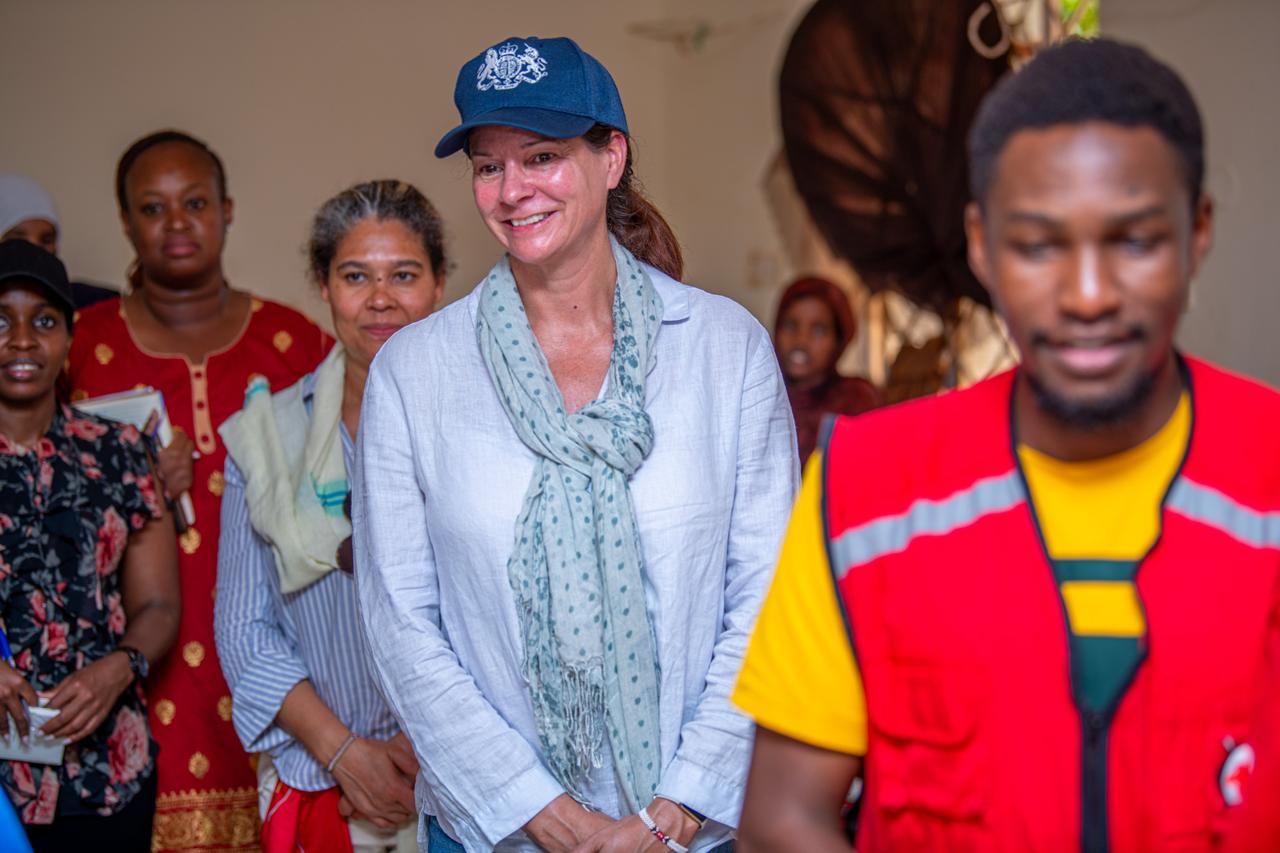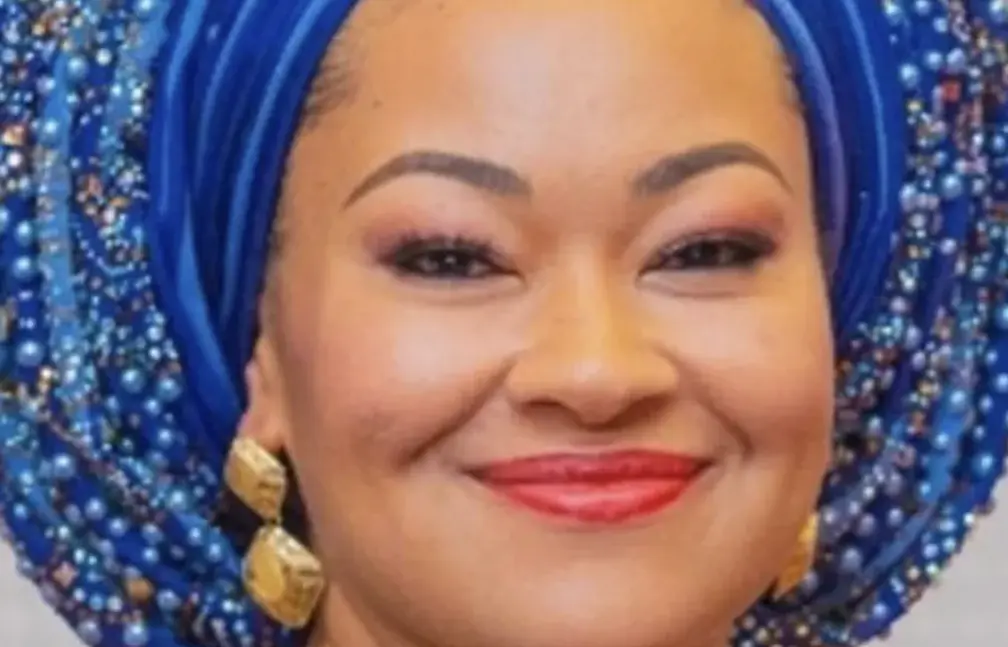

British Deputy High Commissioner and Development Director Leigh Stubblefield during the week visited Daadab to see first-hand how UK humanitarian assistance through the Pamoja programme is promoting social and economic integration between refugees and host communities.
The Pamoja programme, which was launched in 2018 with a Sh4.6 billion (£28 million) investment from the British High Commission, supports refugees and asylum seekers in the Kakuma Municipality and refugee camps in Dadaab, Garissa County.
The funding has enabled UNHCR, the UN Refugee Agency, to provide health, nutrition, water, sanitation, activities to prevent and support survivors of gender-based violence (GBV), child protection, and support to persons with specific needs including persons with disabilities.
During the visit, the Deputy High Commissioner witnessed the registration process of asylum seekers and saw the distribution of core relief items including blankets, cooking items and solar lamps for newly arrived refugees at Ifo 2 camp.
Stubblefield stated that she saw first-hand the vital importance of support to UNHCR and other organisations who are empowering refugees to build lives and livelihoods alongside their host communities.
“It was heartwarming to see children in their natural element playing in the child-friendly spaces, at Hagadera. Thanks to the UK support, refugees and their Kenyan neighbours can access quality healthcare at the Ifo 1 hospital, have access to water ATMs and have access to livelihood opportunities,” she said.
The Deputy High Commissioner also spent time with two refugee-led community-based organisations Halgan and MonyQadow hearing how they are championing efforts to counter Gender Based Violence (GBV).
The two organisations operate a rescue centre for GBV survivors and mentorship sessions for teenage mothers. Stubblefield stated that the UK is committed to continue working with Kenya to deliver on their commitments to the Global Refugee Compact that provides a blueprint for governments, international organisations and other stakeholders.
This is to ensure that host communities get the support they need and that refugees can lead productive lives.
“We look forward to delivering this in partnership with the Kenyan government through the Shirika plan,” the Deputy High Commissioner said.







